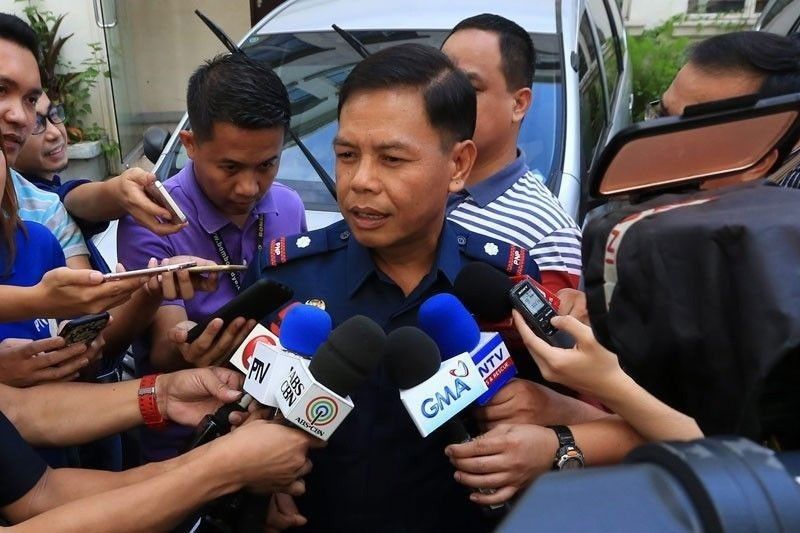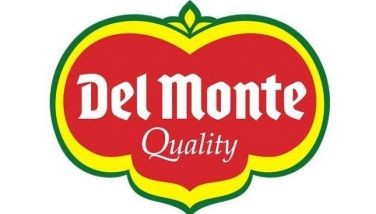Drug war 'poster boy' says POGOs funded reward system

MANILA, Philippines — One of the former "poster boys" of the Duterte administration's drug war on Wednesday said cash rewards for cops who kill drug suspects came from Philippine offshore gaming operators (POGO) and government intelligence funds.
This was bared during the House quadcom's third inquiry, where for the first time, an active-duty officer admitted that cops benefited from the controversial reward and quota system under former President Rodrigo Duterte.
In his seven-page affidavit, Lt. Col. Jovie Espenido alleged a P20,000 reward "per kill" dangled in the drug war. The cash was allegedly funneled "downward from the level of Bong Go" and sourced from POGOs, government intelligence funds and small-town lotteries and "jueteng lords."
"I know that there was a reward of 20,000 pesos per kill in the drug war. The funding came from operators of small-town lotteries or jueteng lords who give money to the police regional commanders, provincial commanders, down the line," Espenido said.
"The group or individuals who make the kill receive the money," the cop added.
Sen. Bong Go said in a statement on Thursday that he categorically denies Espenido's allegations. He said he has never transacted or had any ties with any POGO firm and "never handled any funds related to the drug war."
When they were assigned a quota of 50 to 100 a day, Espenido said he and other cops "only took it to mean had to knock on the doors of 50 to 100 households suspected of drug use or trafficking."
Espenido shared that he tried to ensure that the rewards his "stations" received were "legitimate."
"For example, some [local government units] would award P100,000 for successful arrests involving big-time drug pushers. We accepted these to fund further operations," he said.
"I personally know some of the 'bagmen.' Many PNCO (non-commissioned) officers who were my classmates were murdered. They were bagmen acting at the beck and call of regional and provincial directors," he added.
Acknowledging that cops abused their power in the implementation of the administration's anti-illegal drugs campaign, Espenido ended his affidavit by affirming what human rights groups have been saying about Duterte's drug war for years:
"I was not able to tell these things in the previous hearings held by the House of Representatives. All I was able to say is that there was violation of human rights in the implementation of the drug war," he said.
Espenido was previously touted as the "poster boy" or "favorite" of the former president for "cleansing" or purging the town of Albuera of illegal drugs.
But it was a different Espenido that entered Batasang Pambansa on Wednesday, ready to renounce his former superiors. He is currently on floating status at the Philippine National Police (PNP) while waiting for retirement.
"From my experience, I can say that the PNP is the biggest crime group in this country," he said.
In a statement on Thursday, the PNP cried foul against Espenido's characterization of the police force, saying that it acknowledges that only a few have been led astray.
"We encourage anyone with credible information regarding misconduct within our ranks to come forward," the PNP said. — Cristina Chi
- Latest
- Trending




























